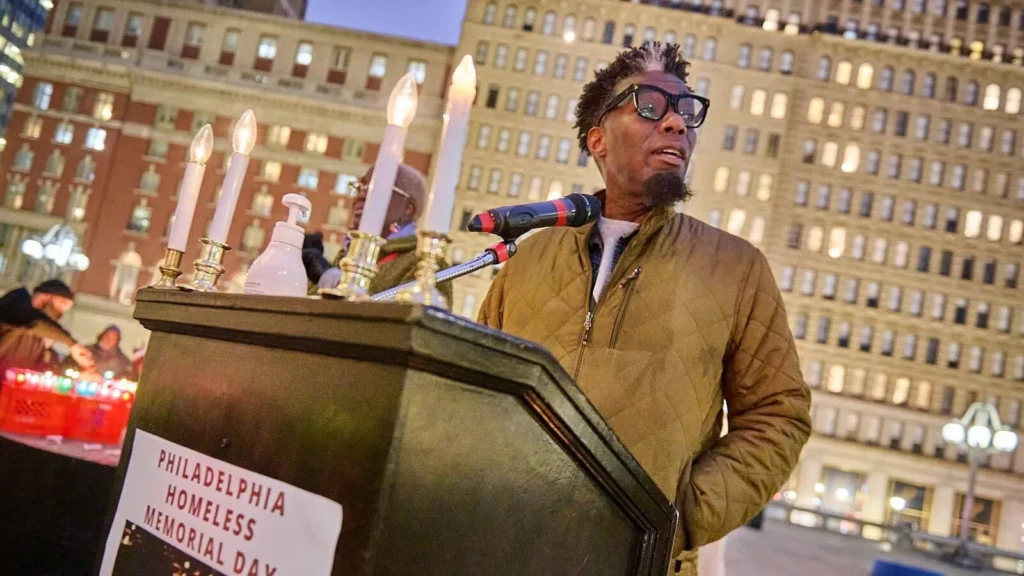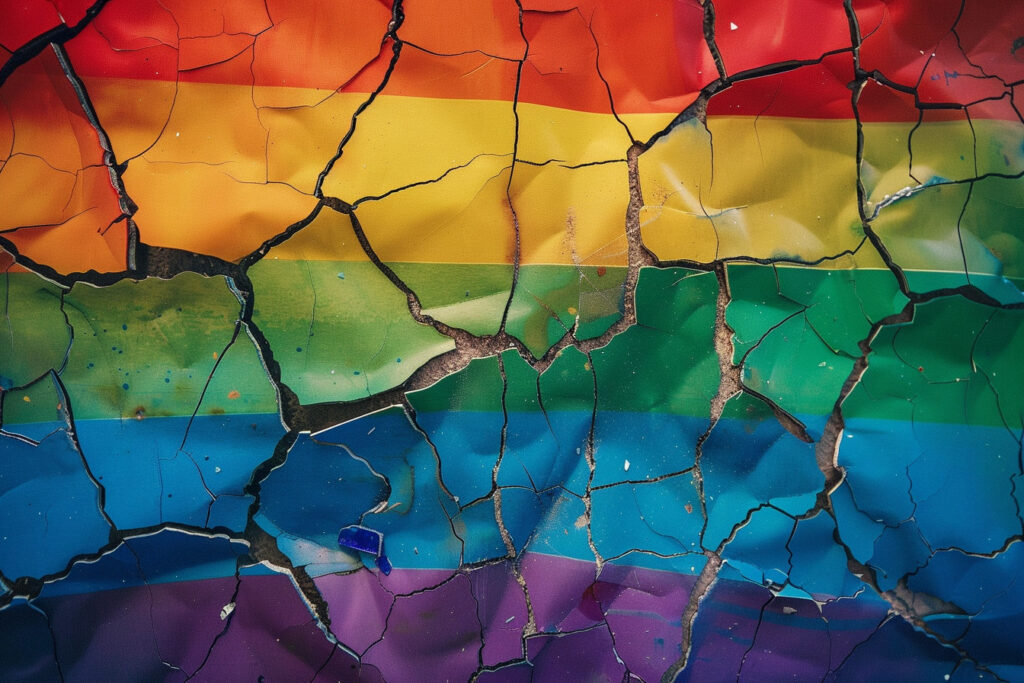Last Saturday I was on a panel with a bunch of grown-up smarties about archiving, affect, and activism at Giovanni’s Room. I spoke for a little while about zines and my involvement in the Philadelphia zine community. The event went well, and I learned a lot from the other present. Last Saturday I was on a panel with a bunch of grown-up smarties about archiving, affect, and activism at Giovanni’s Room. I spoke for a little while about zines and my involvement in the Philadelphia zine community. The event went well, and I learned a lot from the other presenters.
But self-doubt and anxiety made me cut my discussion a little before I was actually done. So, I want to take this opportunity to talk about zines and why they are especially important to me. And maybe why they should also be important to you.
For those of you who don’t know, zines are small independently published pamphlets, usually xeroxed, folded, and stapled before being distributed in a variety of ways. Think of a magazine, but take off the prefix. Then imagine that anyone could make one using whatever tools are available.
I started making zines when I was fifteen after a queer pen pal sent hers to me in the mail. English teachers and various other adults in my life encouraged me to write stories and poetry but zines gave me a place to deposit all of the shitty experiences and feelings common to queer folks living in the deep (fried) conservative south.
I made zines during all of high school – which lead me to trade letters and packages and various forms of angsty ephemera with other queer teens. Zines also introduced me to online communities like pander and the chainsaw message board – places that I lurked that taught me about things like cultural appropriation, intersectionality, punk rock, feminism, and the differences between sex, gender and sexuality. Shit nobody in my small town cared about enough to debate.
After I graduated, I still often made zines, but because I didn’t have as much free time, my obsession waned. I got married and divorced, moved halfway across the country to be with a woman who would routinely kick my ass, and then back to the east coast to drown my sorrows in happy hour specials and one-night stands. I didn’t have a lot of time for making zines, but when I moved back home a couple of years later following the death of my grandfather, I picked up right where I left off. I made a couple of zines and then dove back into an online zine community I’d followed, but never actively participated in before because I was back in my tiny hometown. Being back there was pretty triggering, and while I was happy to be around my family, it was still a pretty homophobic, conservative area. Pretty quickly, I developed a serious drug problem, but I was still making zines.
And then I got clean and moved to Philly.
Once here, I got much more active in the local zine community. And after rolling up my sleeves to get involved with that, I started to think more about why zines had been so important to me.
What I’ve come up with is this:
Zines are where I learned about punk and riot grrrl. Zines were my first practical introduction to feminism. And when I was an angsty teenager, they gave me a real way to intimately communicate with other queer people my own age – something that wasn’t feasible in my hometown.
As an adult, zines still give me a feeling of connection, but it’s somewhat different. I feel deeply grateful for the friendship and support of my peers, incredibly lucky to have such a talented and amazing network of people in my life. There is this weird intimacy in sharing our stories with each other in the way that we do.
I think zines are especially important for marginalized people – women, queer people, transgender and gender queer folks, and people of color – who might not be well represented in mainstream books, movies, music, and books.
Growing up, the only real media I saw that had gay people in it were magazines like Out and The Advocate, which was full of thin, white gay men (and the allies who love them). Even in specific lesbian magazines like Curve, I didn’t relate to the thin, tidy, straight looking women in the pictures and advertisements. Shows like Ellen or Will and Grace felt really artificial and contrived. Where were the punks? Where were the people my age? The people who looked like their identities were couldn’t fit into an easily checked box?
There is this also this thing called narrative therapy – it’s based around the idea that when you have experienced trauma, you are marked by it. Telling your story, via whatever avenue is comfortable for you can be healing. It gives you a different relationship with the story of your trauma – more distant and ultimately by exposing yourself to your story; it eventually is less triggering to talk about.
Not everyone has the resources to write and publish a book – zines require less of a time or financial commitment and can be shared as broadly as the author wishes. There’s power in telling your story. While it means different things to different people, writing zines has always made me feel more important. More part of the world.
Writing about sexual abuse, about addiction, about grief and mental health has helped me figure out how I feel about these. It is an easy way for me to disclose my emotional baggage to people in my life without a long, uncomfortable in-person conversation.
And talking about the uncomfortable stuff? That is especially important. Talking about it destigmatizes it for other people who might be feeling shame or guilt. It creates a starting point for dialogs where silence thrives.
Writing zines means you get to leave a record for other queer folks. Zines are a physical copy of what you were feeling at a specific point in time. It’s a story you can pass on to your family, friends, or like-minded strangers.
Since being queer isn’t genetic, we don’t get queer history lessons from our parents (unless we’re very, very lucky). It’s something that we have to document for ourselves. If it weren’t for queer folks who kept some sort of record, we’d never know about things like Stonewall or Sylvia Rivera and Marsha P. Johnson. No Well of Loneliness or Picture of Dorian Gray. No real record of Emma Goldman or Herculine Barbin.
I’ve been resistant to the idea of the It Gets Better Campaign, but something that one of the other presenters mentioned is that ephemeral history like zines and letters, playbills and newspapers is proof that things do get better – because these things are concrete proof that things have. That queer folks have always existed – have always found a way to love one another fiercely and tenderly, to live and leave records for you and me to discover and find ourselves in.






